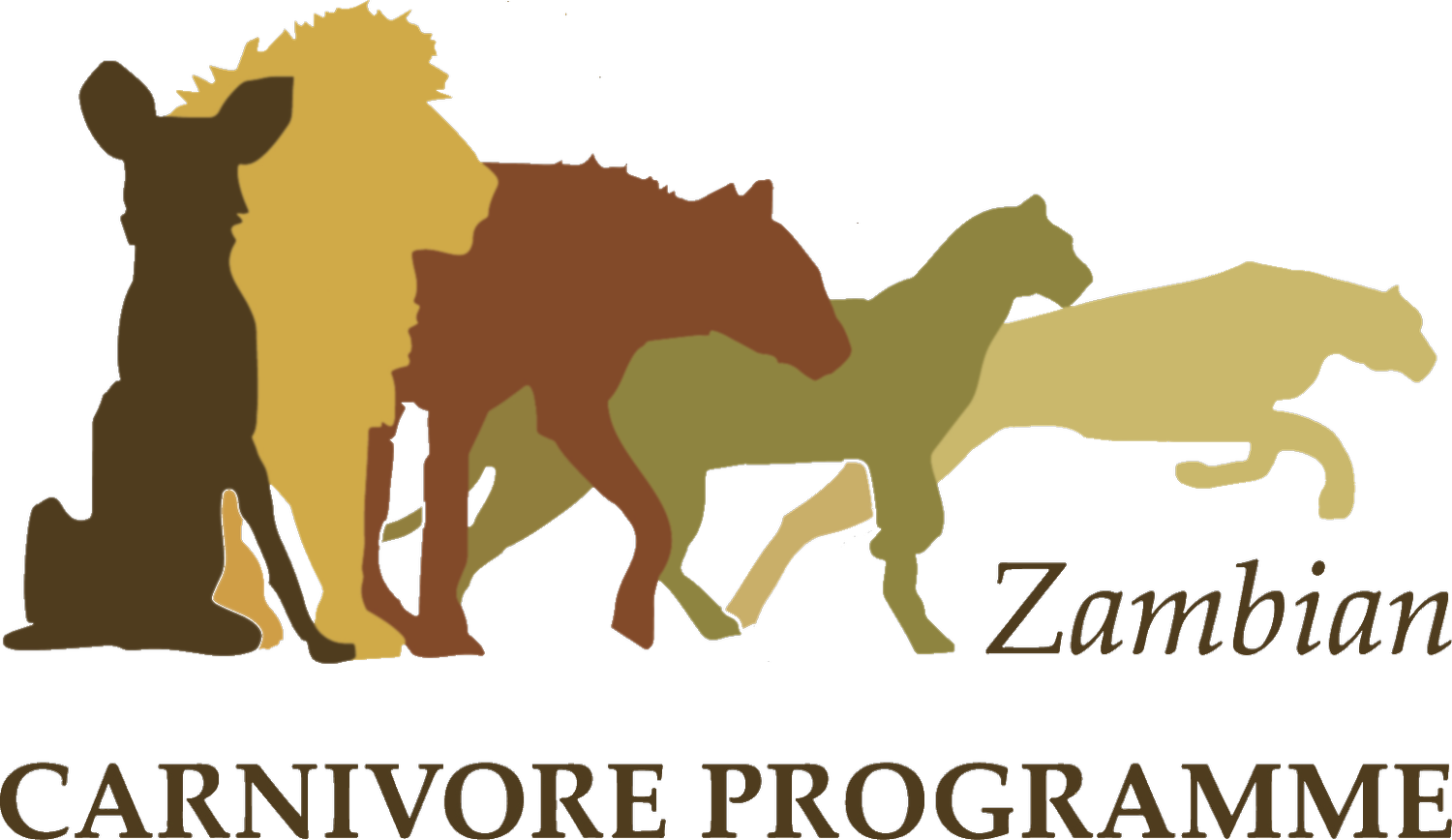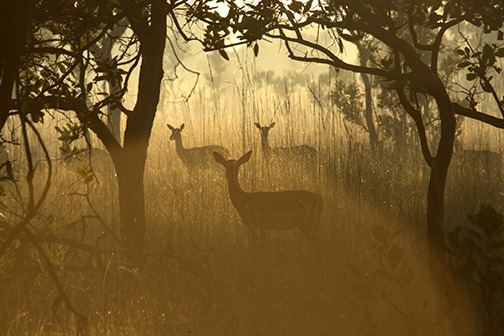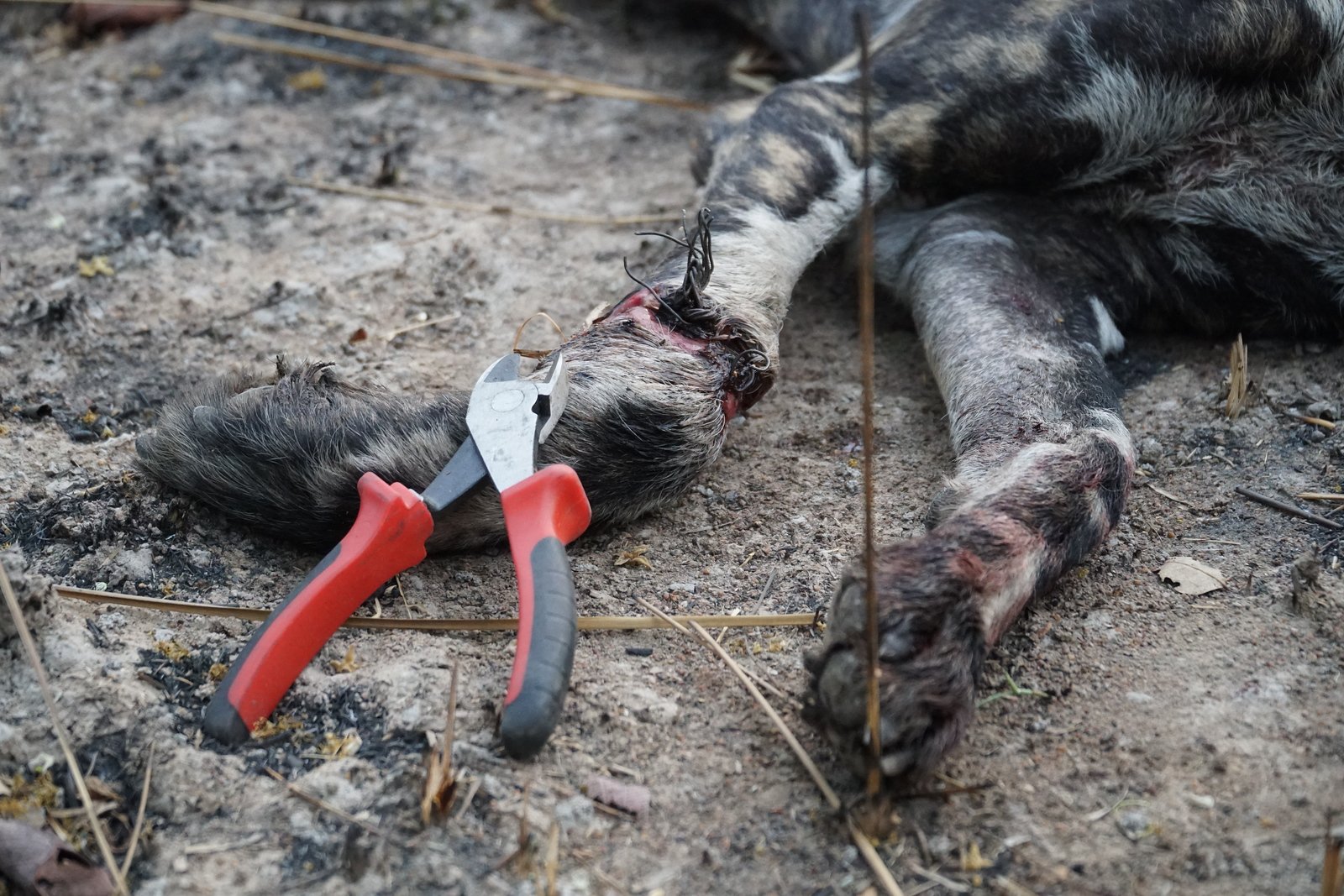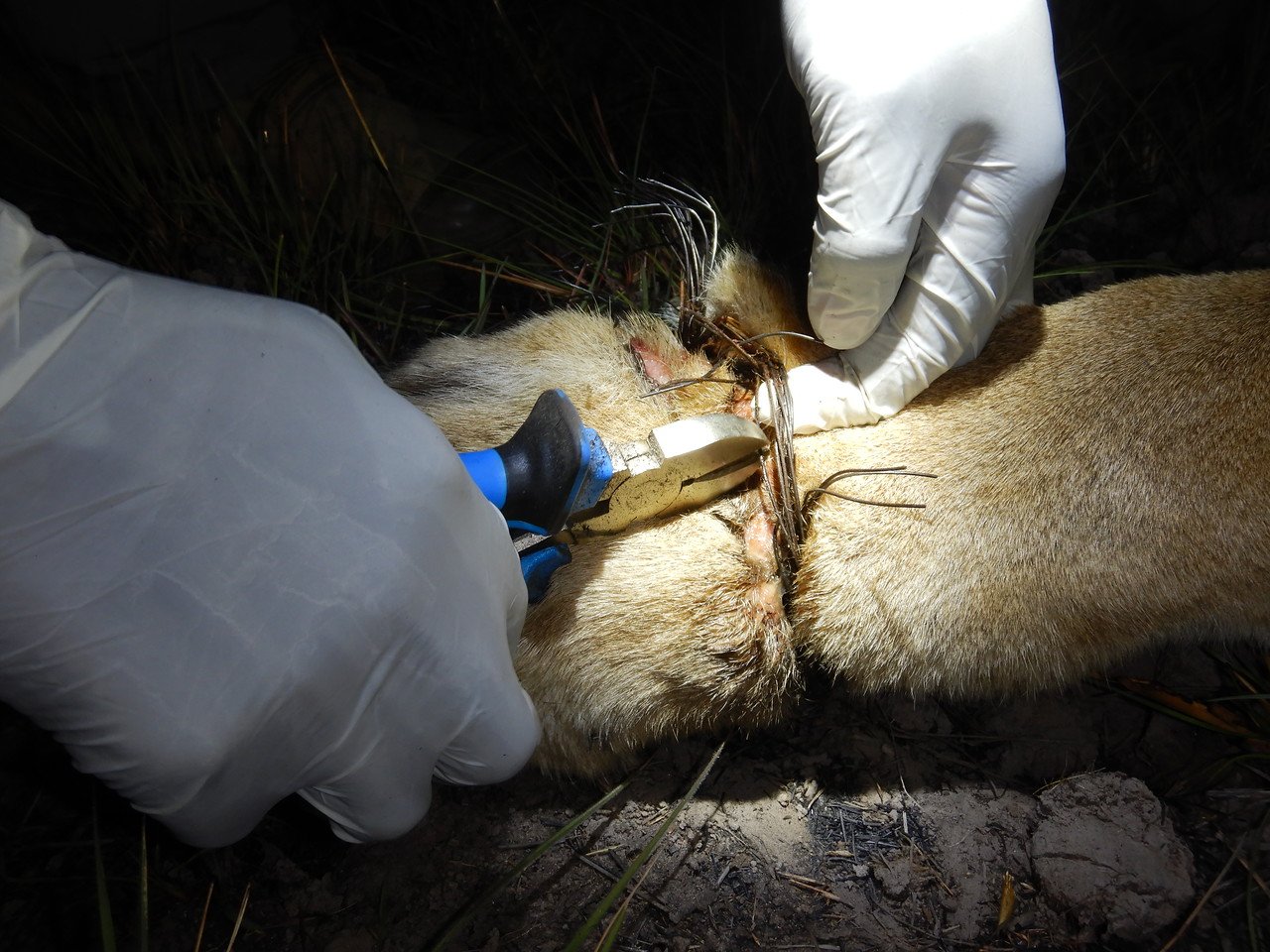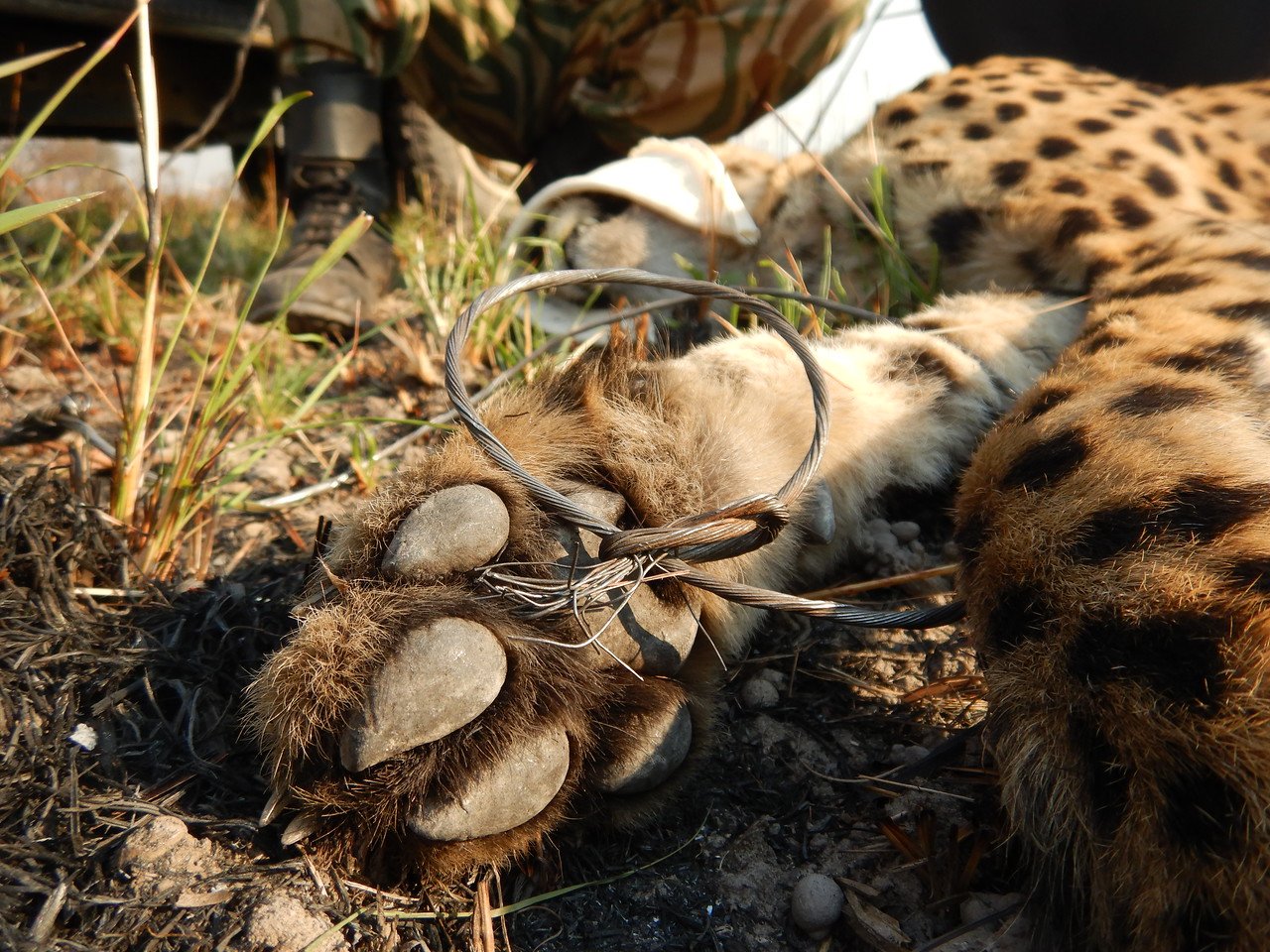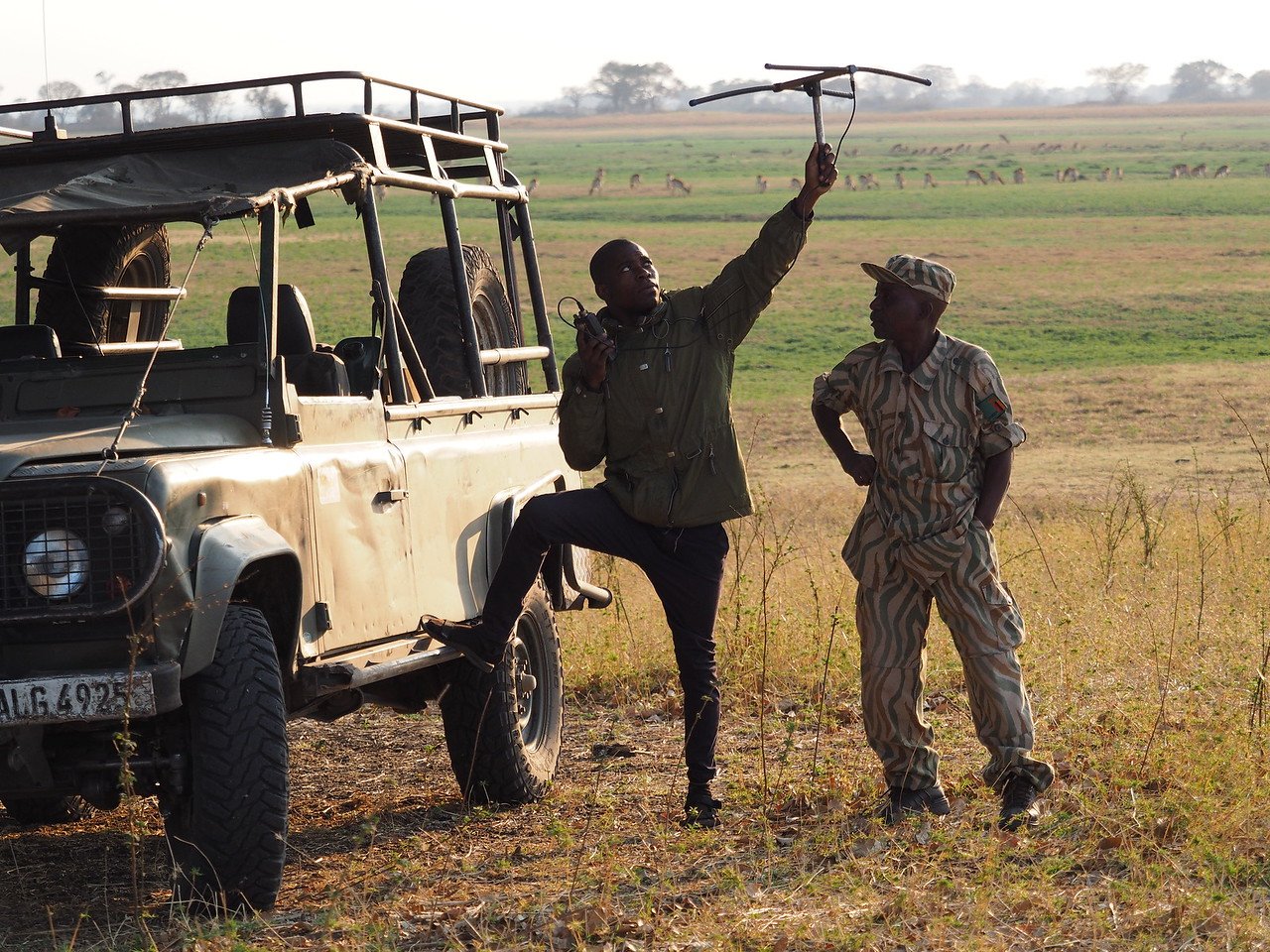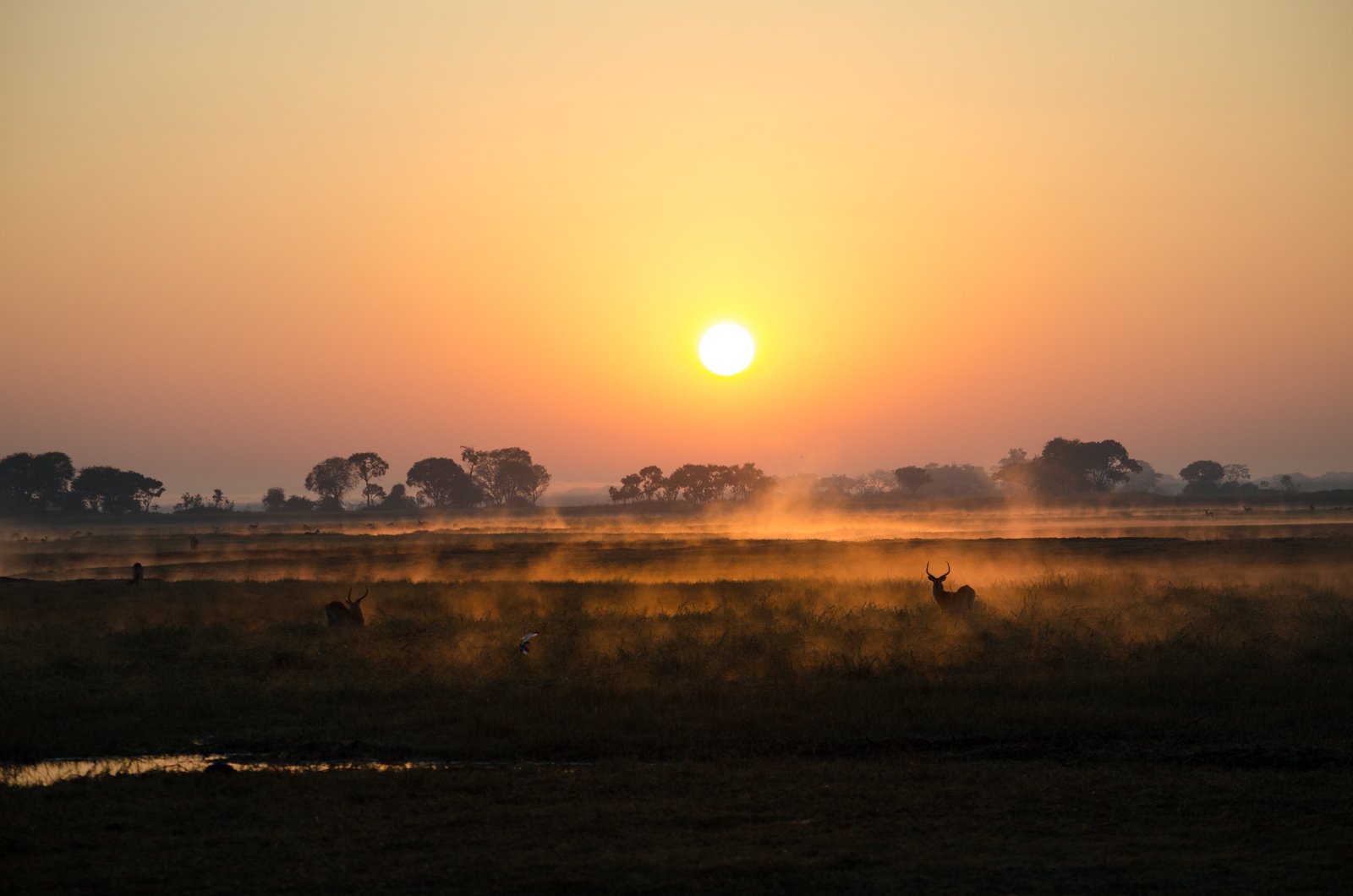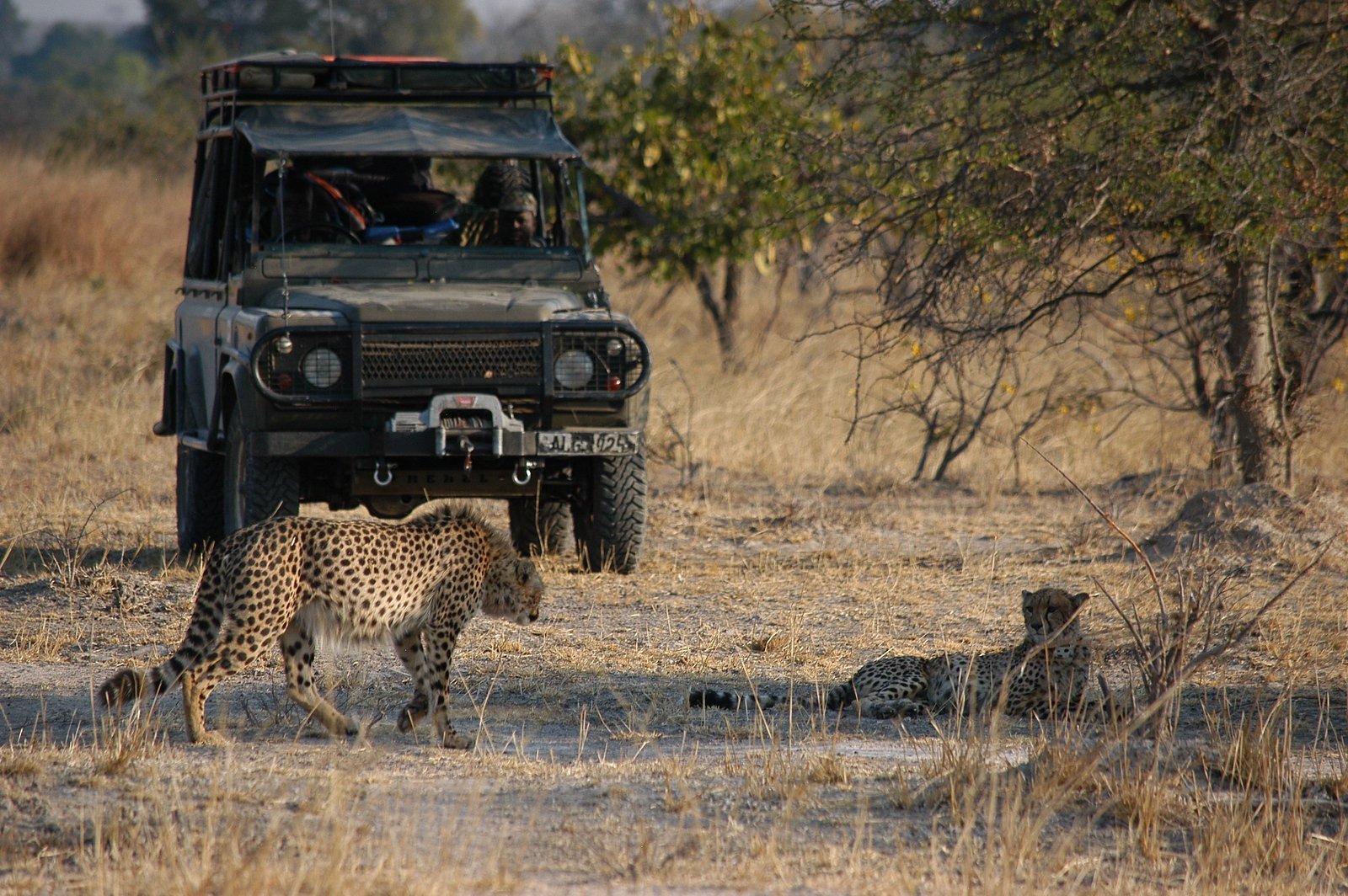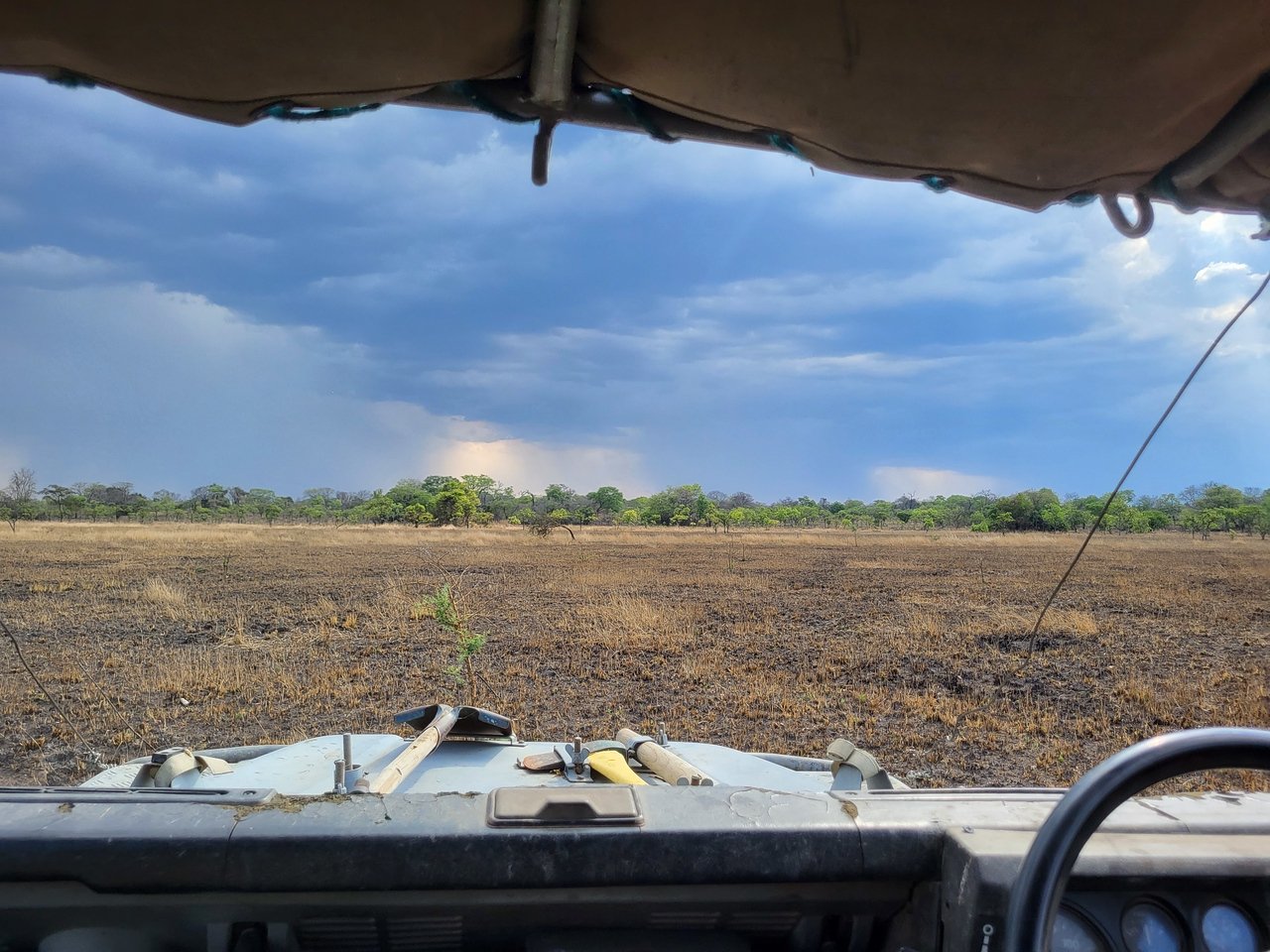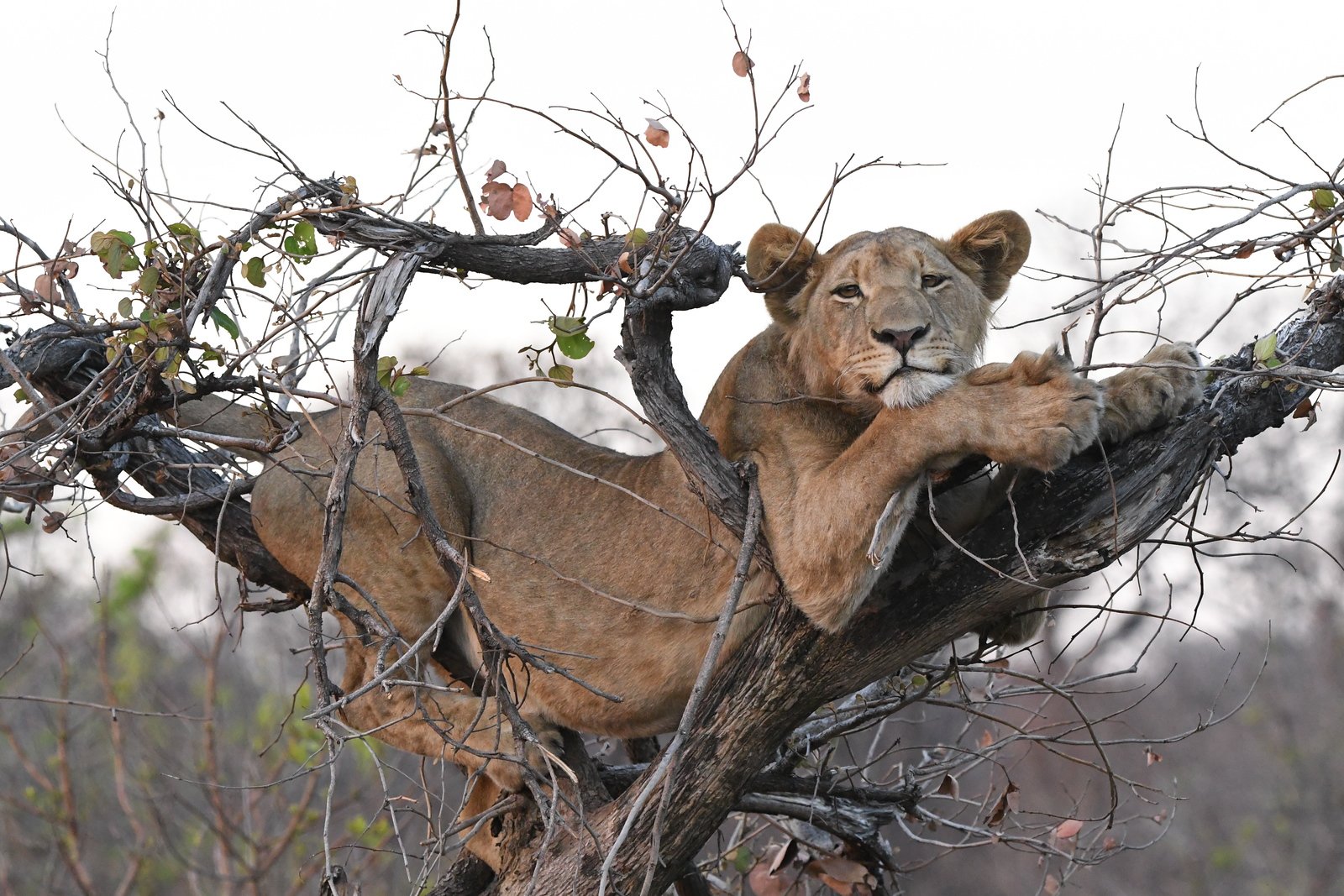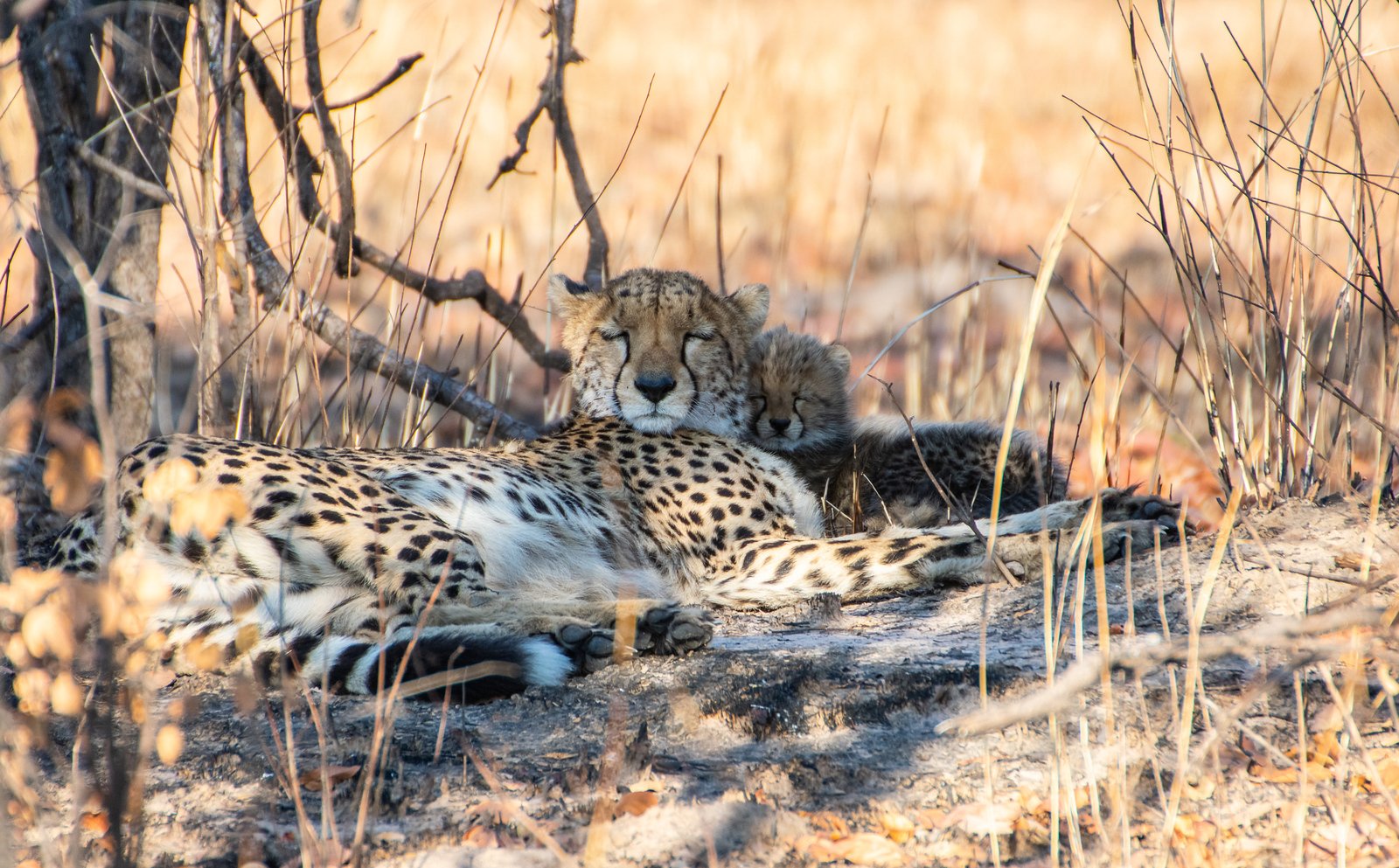
The Greater Kafue Ecosystem
The Site:
The largest protected area in Zambia and the second largest national park in Africa, the Kafue National Park and surrounding game management areas (GMAs) contain the country’s largest population of cheetah and second-largest populations of wild dog and lion. Kafue National Park and the adjoining GMAs forms part of the five-country Kavango-Zambezi Transfrontier Conservation Area (KAZA), which is one of the world’s largest protected ecological networks, and one of the few remaining viable populations of wild dogs on the continent.
Our Work:
ZCP has been operating in the Greater Kafue Ecosystem since 2011. Since the beginning of the project, we have monitored more than 230 cheetahs, 547 lions, and 1,147 wild dogs!
Fieldwork focuses on monitoring and investigating wild dog, cheetah, and lion dynamics (the latter continuing the work of the Kafue Lion Project), as well as the same predator-prey and carnivore research conducted in ZCP’s sister sites. Snaring and human encroachment, in particular, pose a serious threat to large carnivores and their prey in the Greater Kafue Ecosystem. Working with local and international conservation bodies such as the DNPW, the African Parks Network, The Nature Conservancy, WWF, Musekese Conservation, Panthera, and Game Rangers International, ZCP contributes to a rapid-action response team to remove snares and treat wounded animals as quickly as possible.
In 2023 alone, we:
Intensively monitored 37 lion prides and coalitions, 18 wild dog packs and dispersal groups, 5 hyena clans, and 13 cheetah coalitions and families
Performed more than 2,700 snare checks, ensuring the safety of Kafue’s carnivores!
Invested nearly 1,300 person days in the field
Deployed nearly 500 camera traps, collecting data from over 6,000 trap days
We operate from two camps in central and northern Kafue, hosted at Mukambi Safari Lodge and the Treetops Educational Facility. In addition to our research and conservation activities, we run collaborative primary and secondary school education programmes with the Treetops School, the Chunga School, and the Mukambi Community School. Though these education programmes, students are exposed to wildlife research and field-based conservation to supplement each school’s science curricula which helps to encourage long-term and sustainable outcomes in Kafue and across Zambia.
